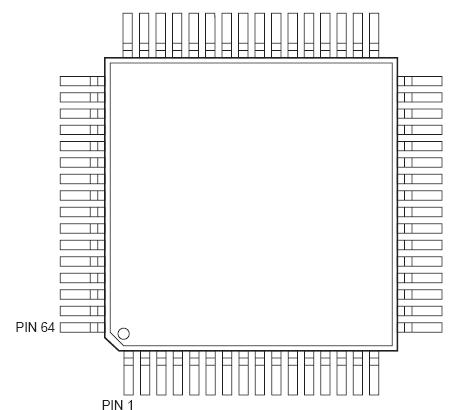VP531CG: Features: · Converts Y, Cr, Cb data to analog composite video and S-video· Supports CCIR recommendations 601 and 656· All digital video encoding· Selectable master/slave mode for sync signals· Switc...
floor Price/Ceiling Price
- Part Number:
- VP531CG
- Supply Ability:
- 5000
Price Break
- Qty
- 1~5000
- Unit Price
- Negotiable
- Processing time
- 15 Days
SeekIC Buyer Protection PLUS - newly updated for 2013!
- Escrow Protection.
- Guaranteed refunds.
- Secure payments.
- Learn more >>
Month Sales
268 Transactions
Payment Methods
All payment methods are secure and covered by SeekIC Buyer Protection PLUS.

 VP531CG Data Sheet
VP531CG Data Sheet







